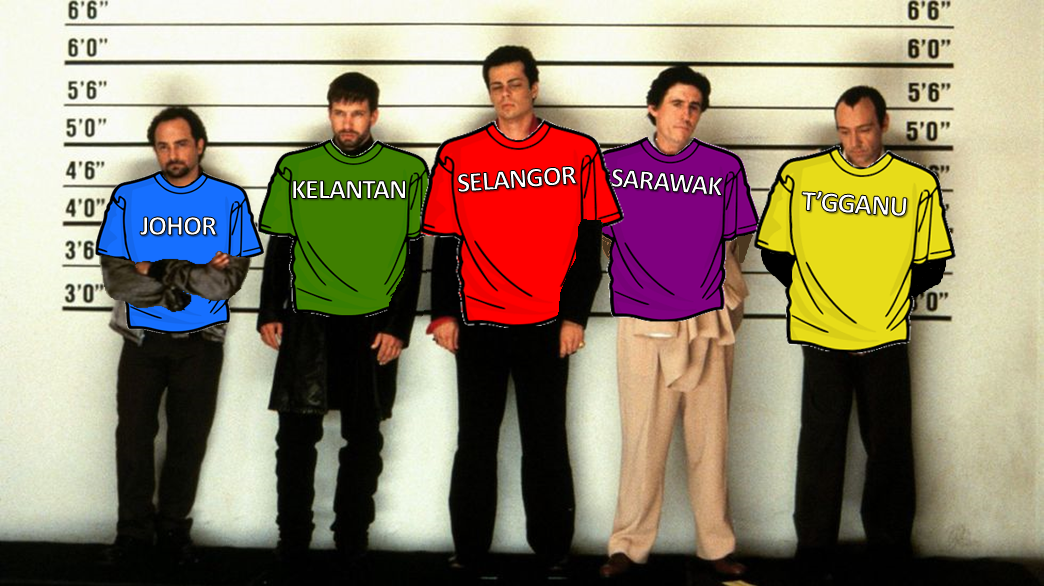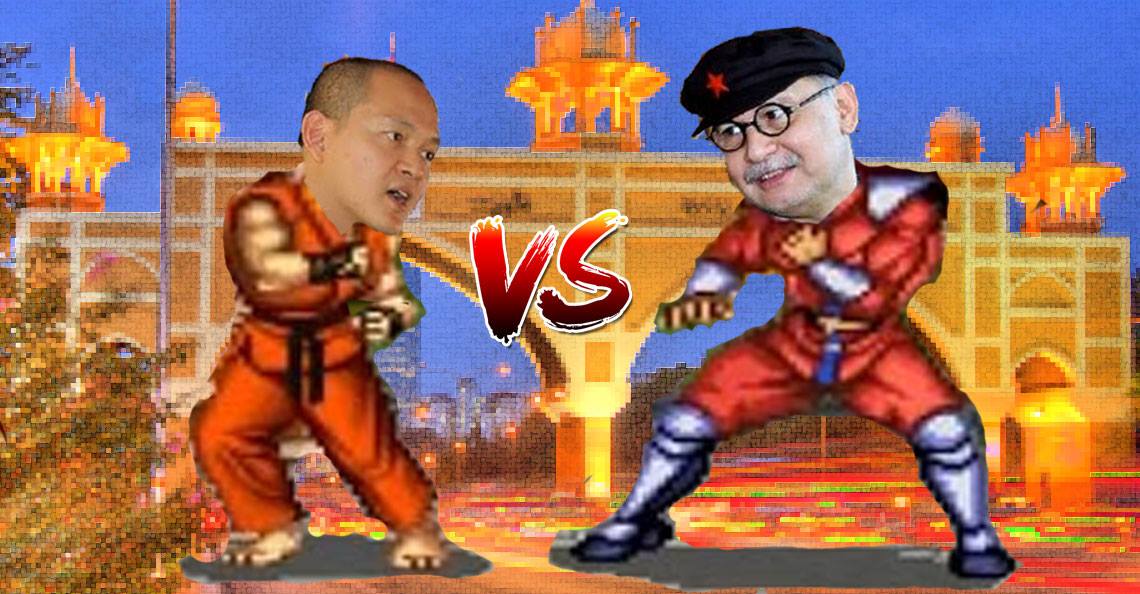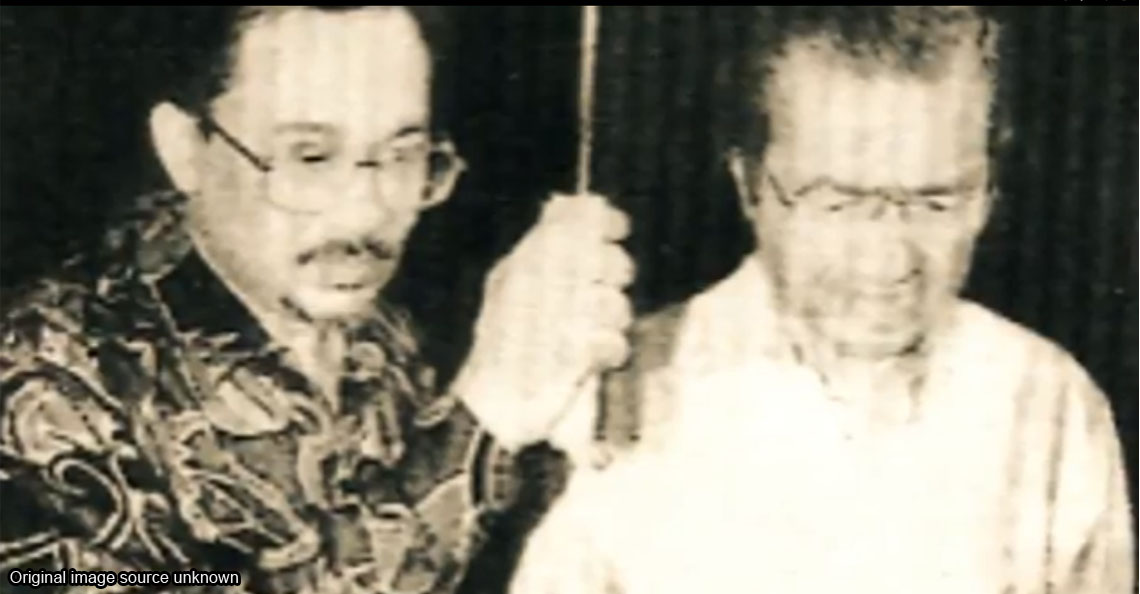How strong was the previous government’s control over Malaysian public universities?

- 956Shares
- Facebook899
- Twitter4
- LinkedIn8
- Email10
- WhatsApp35
Here’s a conversation starter: How political are our public universities?
You probably can’t use that conversation starter un-ironically (unless you’re a professor or a student activist of some sort), but you might have some idea already. If you’re one of our avid readers, you might have read one of our stories on student protests or have heard mentions of the University and University Colleges Act 1971 (AUKU), which sounds political-ish.
Or maybe you’ve read a recent report saying that the government will be abolishing something called the Majlis Profesor Negara (MPN) along with some other government agencies, as part of the new government’s reforms. So yeah, it’s not that much of a stretch to connect public universities with political stuff.
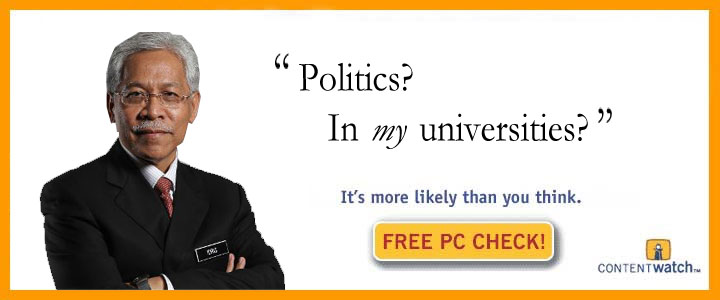
But how deep is the connection? Today’s article will be focusing on that relationship, and the first thing you should know is that…
Public unis and the government are pretty tight

The head of most universities in these here parts are called chancellors, but most of the time it’s just a ceremonial role. The people who actually run the universities are the vice-chancellors (VCs), and over the years people have alleged that the VCs (as well as the top management) of most public universities have ties to the UMNO government which ruled back then. Part of this suspicion was from how the VCs are appointed.
In other countries, according to Ong Kian Ming (Bangi MP) back in 2014, VCs were chosen by an independent board of governors, and the candidates were often well-respected individuals in their own right. This is different in Malaysia, where the VCs of all public universities are appointed by the Education Minister himself. Some had even alleged that there were cases of people using external political influence to get jobs in universities as well.

P Ramasamy, former public university lecturer of 25 years and now the Deputy Chief Minister of Penang, recently echoed the statement, saying that this political appointment of VCs and faculty deans by Umno is a “cancerous rot” in the education system, taking away the decision-making ability of public universities on their day-to-day affairs and giving it to the bureaucrats in the Education Ministry. As such, he had called for the PH government to audit the universities.
“All public universities in Malaysia suffer from an Umno hegemony of the worst kind. I do not expect the Pakatan Harapan (PH) government to perform a miracle, but they can start taking steps to get rid of the mono-ethnic situation and Umno politics in public varsities. Recruitment of lecturers based on merit must be the top priority in the new reforms,” – P Ramasamy, for FMT.
The Malaysian Academic Movement (Gerak) had also called for the replacement of these politically-appointed top management in public universities, but all of these comments do raise an interesting question…
Why are these VCs and deans being appointed by the government anyway?
By now, some of you might be thinking that it’s a little fishy for the government to plant its people into institutions meant to shape our future generations. Who came up with the arrangement anyway? It might be interesting to know that it had something to do with our academia’s historical fondness of demonstrations, and the racial riots of 1969.

Malaysia got her first university in 1962, called the University of Malaya. Well, some would argue 1905, but that’s irrelevant. Anyways, despite being heavily funded by the government, the university was run by people who were politically and ideologically opposed to the government. Posts in the university were filled by other academics chosen by the university. In other words, back then the government’s involvement was pretty much just pouring money into UM and seeing how it would turn out.
A second university (the Universiti Sains Malaysia) was later built with the same autonomy as the UM in mind, but then the 1969 tragedy happened. Riots broke out all over the place, and following the events of the riot, the government got spooked and universities fell under the Emergency (Essential Powers) Ordinance No. 74 in 1971, which later become the Universities and University Colleges Act 1971 (AUKU, Act 30) that we know today.
“While the Government is in agreement with the concept of academic freedom, it is necessary however to always remember that like other freedoms it is not absolute. … In order to maintain its academic standards… a university will require vast amounts of public funds and in that process it will have to bear constantly in mind the national aspirations and needs as interpreted by the Government,” – Tun Hussein Onn, then the Minister of Education, when tabling the AUKU. Excerpted from IDEAS.
While the AUKU is perhaps most known for forbidding students from participating in political stuff, it also provided the legal framework needed to create more universities as well as giving the government the right to intervene in a university’s affairs. Universities lost their autonomies then, and subsequent amendments further chipped it away.

The 1975 amendment in particular saw the power to appoint VCs taken from the University Council and given to the Yang di-Pertuan Agong, who will do so upon advice from the Minister. These selected VCs will then have the power to further appoint Deans and their Deputies and other Heads of Schools or Institutions within the University. The Minister, on the other hand, may now appoint Deputy VCs as well as members of the University Council.
Tl;dr, a university used to be able to decide who runs it, but that power now practically lies in the hand of a single Minister. What could possibly go wrong?
The government’s safety net turned into a filter of sorts
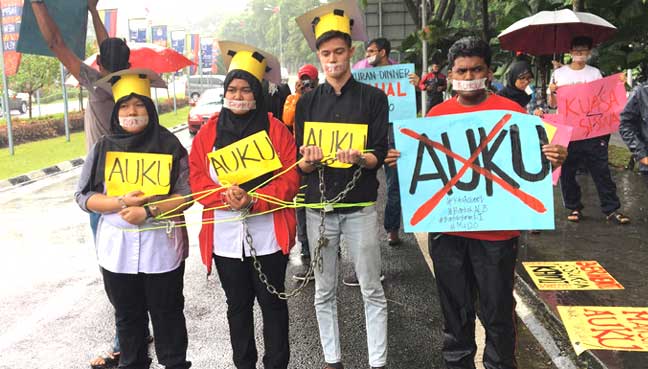
For academic institutions to spawn fresh ideas and knowledge, something called the academic freedom of expression is necessary. This includes two things:
- the freedom of the institution to make decisions on their own without being influenced by external forces, and
- individual academic freedom to teach, study, say or associate with whoever and whatever an academic may feel right.
While it seemed that the government’s original intention was to maintain order and prevent future riots, recent cases would suggest that there’s more to it. One such case ended with students being harassed and suspended in 1998 for participating in Anwar’s ‘reformasi’ movement, and some students from MARA’s Institute of Technology were even threatened with expulsion and blacklisting from other government educational institutions for that.
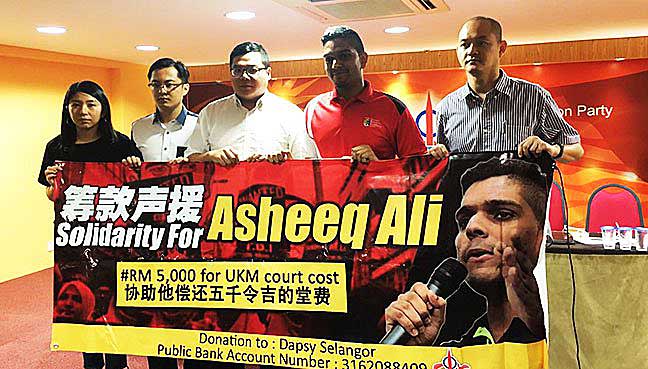
Even research may be heavily monitored, like that time when the government issued a decree that required all researchers investigating the dense haze from forest fires in Indonesia to have their work screened and approved by higher authorities.
But perhaps the most famous case of academic freedom being curtailed was what happened in 2014 to Professor Mohamad Redzuan Othman, director of the UM’s Center for Democracy and Elections (UMCEDEL). Redzuan was said to have been told to end both his tenure as dean of the university’s Faculty of Arts and Social Sciences as well as his UMCEDEL director post, allegedly because his center’s survey results were not favorable to the ruling coalition at that time. This was followed by two deputy VCs being terminated the next year, allegedly for not supporting UMNO.
We can go on with the examples, but you probably get the point by now. As such…
If this continues, the quality of Malaysian academics will suffer
“The more dependent a university is on other institutions, the more questionable the integrity of knowledge generated will be. In order to safeguard academic freedom, true autonomy is the way forward for Malaysian universities. When universities have the right to self-govern, academics are protected from being influenced by the interests of external parties,” – Ali Salman, IDEAS’s director of research, to FMT, 2017.
Academic freedom is a serious issue in Malaysia. Besides the formal directives contained in the AUKU and the stuff mentioned above, some sources also report that there were informal bans on research and discussion regarding topics like ethnic conflict and local corruption, or any issues that might make the government and their policies look bad.

Sometime back in 2002, civil servants, including many academics, were forced to sign an “Aku Janji“ (I promise), a pledge that prevents them from criticizing the government in any way.
“…through the pledge, we are to agree to the imposition. We are supposed to agree to go against what it means to be an academic. We are supposed to agree never to question anything that the government, our superiors, tell us, against our expertise that might tell us otherwise, against our conscience.” – Rosli Omar, a local academic, for Asia Times (2002).
Because of these many restrictions, some academics choose to keep silent on these issues, fearing the consequences of speaking out against the previous government. Knowing the situation of academics in Malaysia, would you still trust their research?
While some universities were claimed to be given ‘autonomous’ status in the past, according to the Institute of Democracy and Economic Affairs (IDEAS), they are still subject to the governance of the civil service in terms of salary and promotion, and they still can’t decide how to allocate funds and research grants on their own.

Also, their VCs are still picked by the Ministry.
“The universities always argue that in order for them to be excellent, they must have autonomy and are not bound by the government regulations. Therefore, the awarding of autonomy is to ensure there will not be anymore excuses for the universities to achieve excellence,” – Datuk Seri Mohd Khaled Nordin, Minister of Higher Education in 2012, for the Sun Daily.
Will the new government address this problem? It’s too soon to tell, but some changes can already be seen. The National Council of Professors (MPN), a body of academics that was said to have turned political, had been recently abolished, and the new Education Minister, Dr Maszlee Malik, had talked about replacing the AUKU with something else. It’s the beginning of something, but whether it’s a good thing or not will remain to be seen.
- 956Shares
- Facebook899
- Twitter4
- LinkedIn8
- Email10
- WhatsApp35

